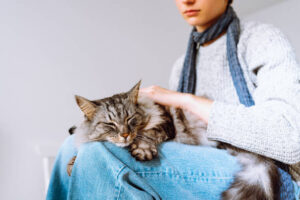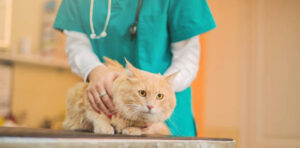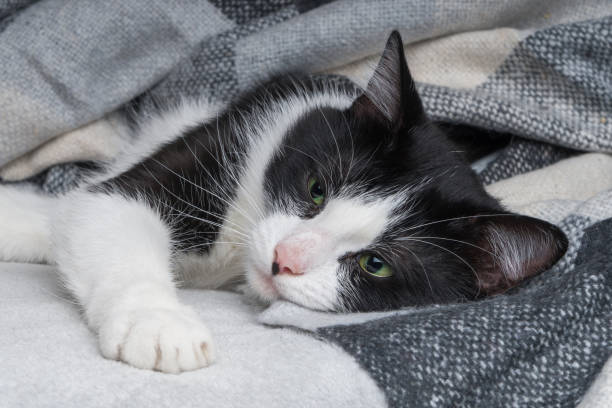Signs of sick cats

Cats are masters at disguising illness. Their instinct, honed from their wild ancestors, is to hide weakness from predators. This is difficult for pet parents to know when their feline friend isn’t feeling well and get to know the signs of sick cats.
Introduction:
Early detection empowers you to become a proactive participant in your pet’s healthcare, giving them the best chance at a happy and healthy life. Moreover, there are often subtle signs that your cat might be sick. By paying close attention to your cat’s behavior and habits, you can, therefore, detect potential health problems early on and get your kitty the treatment they need to live a long and healthy life.

Here are some silent signs that your cat might be sick:
Changes in litter box habits: This could include urinating outside the litter box. Alos, straining to urinate, or, additionally, producing feces that are different in consistency or color from usual.
Changes in appetite or thirst: A sudden decrease or increase in appetite or thirst can be a sign of illness.
Changes in grooming habits: If your cat is not grooming themselves as much as usual, or if their fur appears matted or greasy, it could be a sign that they are not feeling well.
Changes in sleeping habits: Cats sleep a lot, but if your cat is sleeping significantly more or less than usual, it could be a sign of a problem.
Changes in activity level: If your cat is not as playful as usual, or if they seem lethargic or stiff, it could be a sign of pain or illness.
Changes in vocalization: If your cat is vocalizing more than usual, or if their meows sound different, it could, therefore, be a sign of pain or distress.
Physical changes: Look for any changes in your cat’s appearance. For instance, observe for weight loss or gain. Additionally, watch for lumps or bumps. Furthermore, be alert for discharge from the eyes or nose.

Looking Out for Your Cat’s Eyes: Animal Hospital of Aurora
At Animal Hospital of Aurora, we understand how important healthy vision is to your furry friend. Therefore, our skilled vets offer thorough eye exams to detect cataracts in cats. Furthermore, we work with you to create a personalized treatment plan that’s just right for your feline companion. Additionally, we offer a range of care options, from medication management to surgery, and everything in between. No matter what your cat needs, our compassionate team will be by your side every step of the way.
Conclusion:
If you notice any of these signs of sick cats, it is important to schedule an appointment with your veterinarian. Early detection and treatment of illness can help your cat live a longer and healthier life.



